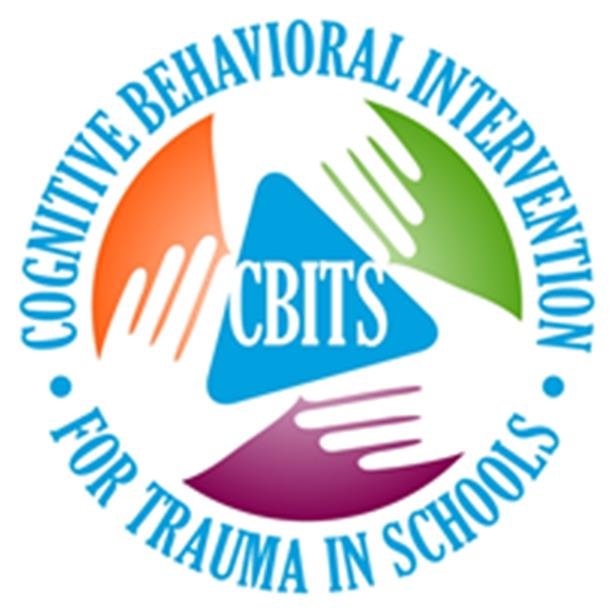Evidence Based Practices
Project Fleur-de-lis' evidence based program, EBP, connects multiple trauma and grief focused treatments to schools in the Greater New Orleans area. School mental health professionals are offered training, implementation assistance, communities of practice, and individualized consultation on providing evidence-based trauma and grief focused interventions. The comprehensive programming in a school setting allows for youth of varying ages to be served individually or as a group. A student who has access to trauma intervention services after exposure to a stressful or traumatic event can acquire skills that build resilience and reduce or eliminate the need for future mental-health services. Students treated for traumatic bereavement will be able to better navigate the natural experience of grief.
Trauma and Grief Focused Interventions
A student who has access to intervention services after exposure to a stressful or traumatic event can acquire skills that build resilience and reduce or eliminate the need for future mental-health services. The following interventions are listed under NCTSN's website as evidence based interventions, and are offered through PFDL’s programming.
Cognitive Behavioral Intervention for Trauma in Schools plus Racial Trauma Module (CBITS+RTM) is a skills-focused, group evidence-based intervention that reduces symptoms of PTSD and depression in youth (ages 10- 15) exposed to trauma. CBITS is the most thoroughly tested school program for addressing youth trauma exposure. RTM is a module designed to be integrated into CBITS as a structured approach for facilitators to navigate conversations about the impact of racism on traumatic stress. CBITS will be implemented in middle school settings.
Bounce Back: An Elementary School Intervention for Childhood Trauma is an adaptation of CBITS for elementary school students and has been successfully implemented with K-5th graders who have shown significant reductions in anxiety and post-traumatic stress symptoms. The 10 group sessions focus on six core concepts: 1) Psychoeducation; 2) Relaxation Techniques; 3) Helping Thoughts; 4) Real Life Exposure; 5) Social Support/Problem Solving; and 6) Relapse Prevention.
Trauma and Grief Component Therapy for Adolescents (TGCTA) is a manualized evidence-based practice that addresses the complex needs of older children and adolescents (ages 12-20) contending with trauma, bereavement, or traumatic bereavement. TGCTA components have been implemented successfully in classroom settings. TGCTA is informed by a developmental model of childhood traumatic stress and a multidimensional theory of childhood maladaptive grief, and is based on a wellness-oriented public health framework. TGCT-A can be implemented individually or in a group setting in middle and high schools.
Consultation
Communities of Practice
Practitioners who are routinely exposed to the trauma stories of others are at high risk for Secondary Traumatic Stress (STS) which can negatively impact their personal lives and ability to perform their jobs. Psychoeducation, skills training, and supervision have been found to be successful strategies for STS prevention. PFDL addresses the needs of providers through Communities of Practice (CoP), a collaborative professional community that reduces the risk of secondary traumatic stress and supports effective implementation of evidence-based practices.
School social workers and counselors around Greater New Orleans that are providing CBITS, Bounce Back, and TGCT in their schools join monthly CoP calls. These calls are offered to assist with screening, implementation support and to discuss challenges.
Peer Support
Practitioners in collaboration with Project Fleur-de-lis team members are also offered peer support. This is an important part of the program as school mental health professionals are often solo at their school, and providing peer support allows for community and a space for them to talk through challenges and needs.
Intern/Externships
PFDL offers a trauma specialization internship and externship working with the LSU School of Social Work, Tulane University’s School Psychology program and Southern University at New Orleans. The trauma informed approach offers students specialized training in delivering trauma and grief-informed interventions in a school setting with a focus on self-care to prevent vicarious traumatization. The interns and externs meet for consultation as their own community of practice to learn skills, talk through implementation challenges, and connect with each other.



